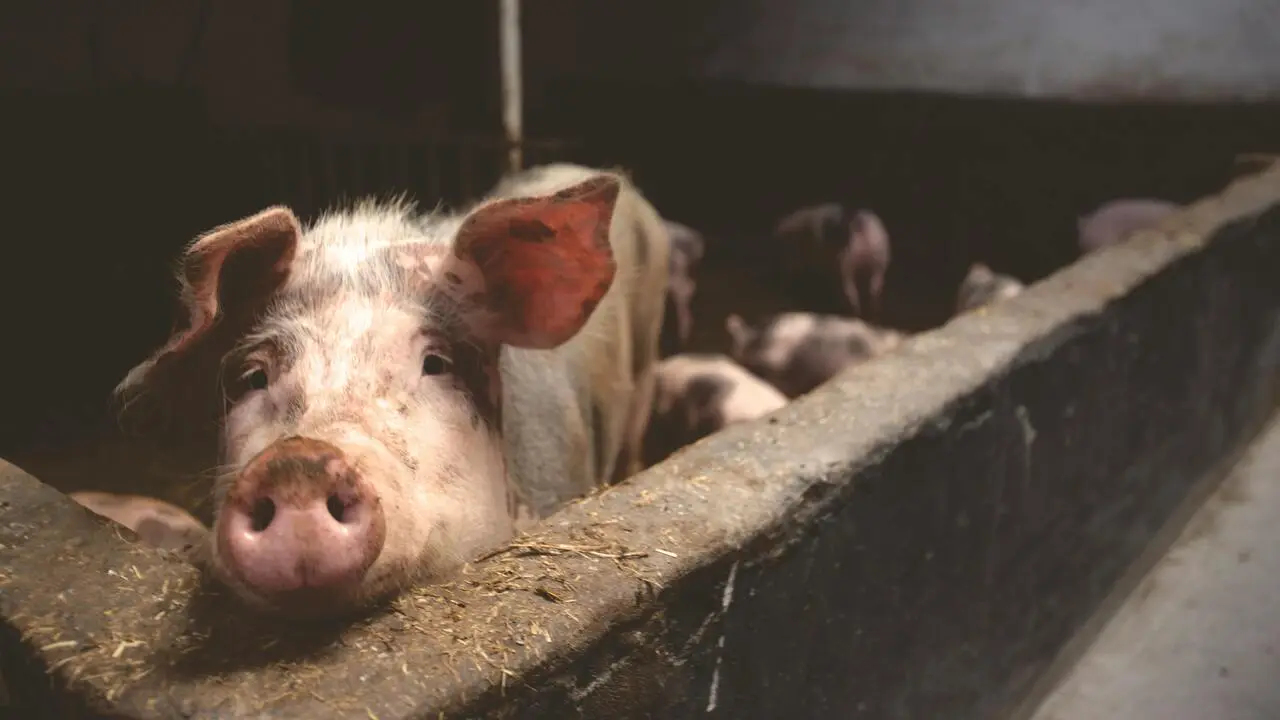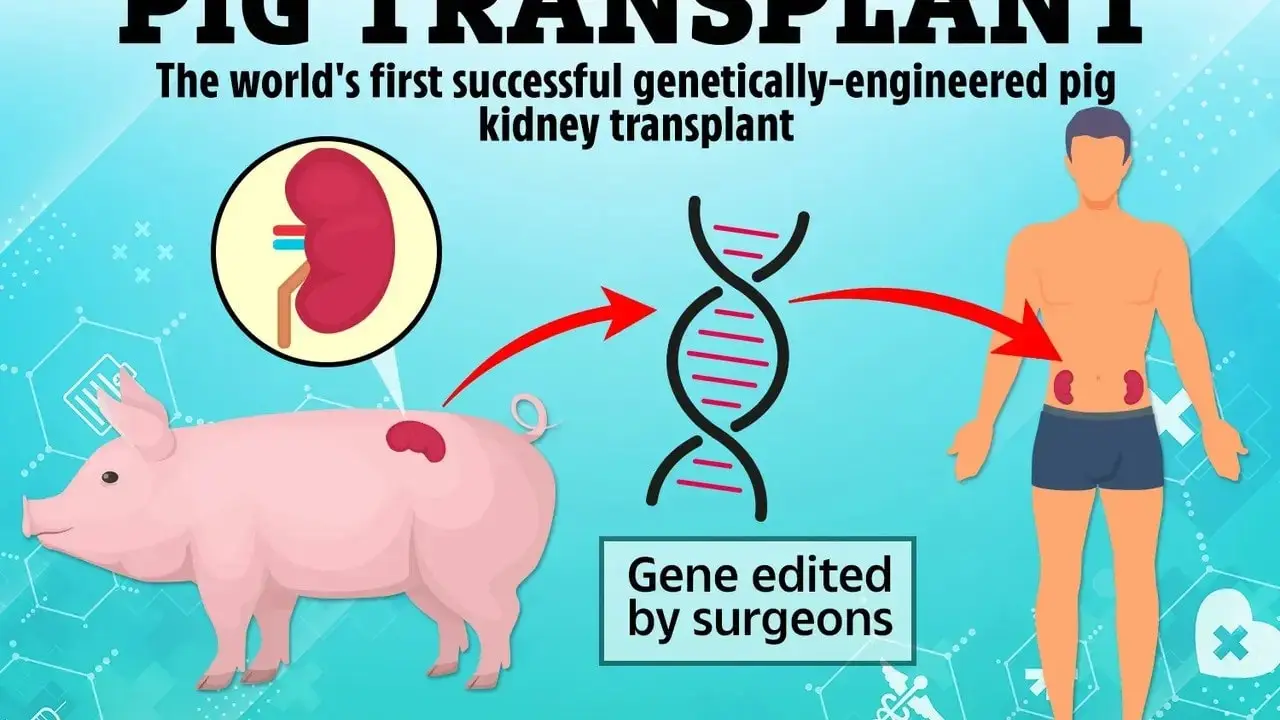Massachusetts General Hospital (MGH), a prominent Mass General Brigham health care system member, recently achieved a groundbreaking milestone by successfully transplanting a genetically edited pig kidney into a 62-year-old man living with end-stage kidney disease (ESKD). MGH announced this achievement on March 16, representing the world’s first successful Pig Kidney Transplant into a human recipient.
Led by experts such as Leonardo V. Riella, MD, PhD, Tatsuo Kawai, MD, PhD, and Nahel Elias, MD, the surgical team at the Mass General Transplant Center conducted a four-hour-long surgery to transplant a genetic pig kidney transplant with 69 genomic edits into the patient. This achievement highlights Mass General Brigham’s commitment to pushing the boundaries of transplantation medicine and providing innovative solutions to address the organ shortage crisis.

Read Also: Blockout 2024 Movement Sparks Celeb Exodus, Met Gala Fallout Revealed
Mass General Brigham’s legacy of transplant innovation, including milestones such as the world’s first successful human kidney transplant in 1954 and the nation’s first penile transplant in 2016, underscores its position as a global leader in transplantation services. Through collaborative efforts across multidisciplinary teams of transplant physicians and scientists, Mass General Brigham continues to advance medicine and improve patient outcomes, showcasing the potential of genetically pig kidney transplants in addressing critical healthcare challenges.
Genetically Pig Kidney Transplant: Why Pigs are Key in Xenotransplantation Advancements
Genetically Pig Kidney Transplant is a significant advancement in xenotransplantation, the process of grafting or transplanting organs between different species. This area of medical science has faced challenges, particularly regarding the immune system’s rejection of foreign organs. However, pigs have emerged as a promising solution for xenotransplantation for several reasons.
Pigs have been successfully used in medical procedures for decades, such as pig heart valves in human patients for over 50 years. Their anatomical and physiological parameters closely resemble those of humans, making them suitable candidates for organ transplantation. Furthermore, pigs are bred extensively on farms, providing a cost-effective and readily available source of donor organs.
These advantages become even more pronounced in the context of genetically pig kidney transplants. Genetic editing techniques allow for precise customization of pig organs, addressing immune rejection challenges and improving transplant success rates. Overall, pigs offer a viable and promising avenue for addressing organ shortages and improving transplant outcomes in xenotransplantation.

The history of animal-to-human transplants, dating back to the 17th century, reflects a persistent pursuit of medical breakthroughs. Early endeavors included using animal blood for transfusions, albeit with limited success. The quest for viable organs led to attempts at kidney and liver transplants from baboons and chimpanzees in the 20th century, given their genetic proximity to humans. However, these attempts were fraught with challenges, remarkably immune system rejection, leading to fatal outcomes for many patients.
Notable efforts in the early 1960s, such as surgeon Keith Reemtsma’s 13 chimpanzee-to-human kidney transplants in New Orleans, showcased both progress and setbacks. While one recipient lived for 90 days, most transplants failed due to immune-related complications. Despite these setbacks, these pioneering attempts laid the foundation for further exploration in xenotransplantation, highlighting the need for innovative solutions to overcome immune rejection.
The advent of genetically pig kidney transplants represents a significant leap forward in xenotransplantation. These transplants offer renewed hope for patients needing organ replacements by addressing immune compatibility issues through genetic modifications. The journey from early animal-to-human transplants to the promising era of genetically pig kidney transplants underscores the relentless pursuit of medical advancements to enhance patient outcomes.
The evolution of xenotransplantation, from the tentative steps of using animal blood in the 17th century to the more recent advancements in genetically pig kidney transplants, represents a testament to human ingenuity and perseverance in the face of medical challenges. Despite initial setbacks and the formidable barrier of immune rejection, continuous research, and technological progress have brought us closer to realizing the dream of viable animal-to-human organ transplants.
To get more out of our exclusive news, Join us on our WhatsApp Channel, Facebook, and Instagram.















